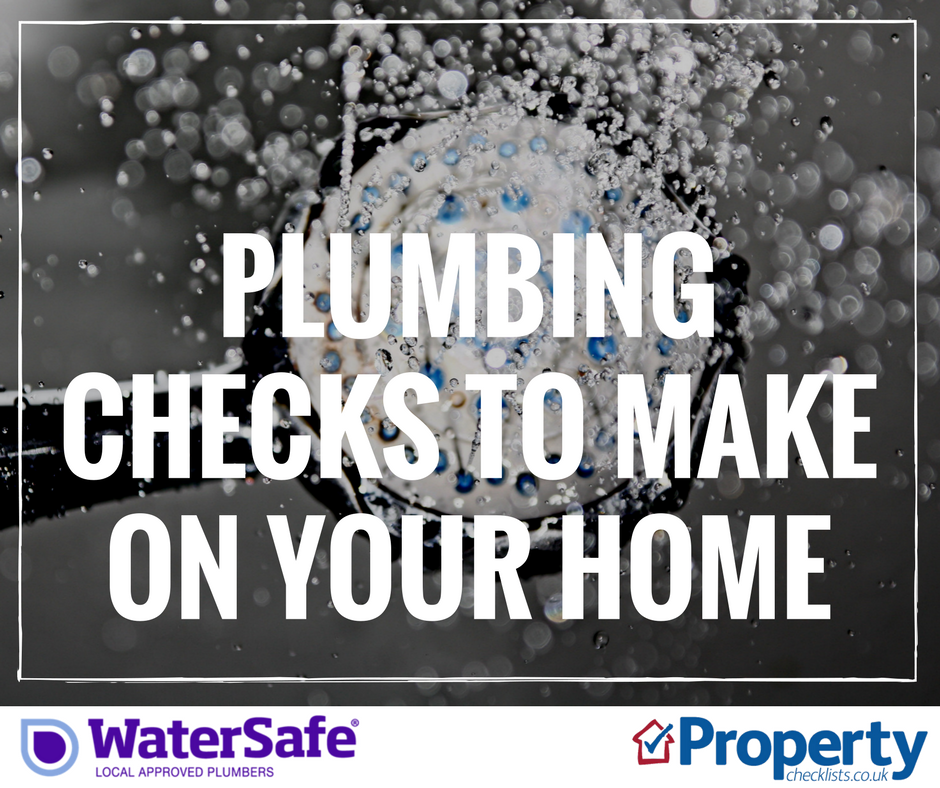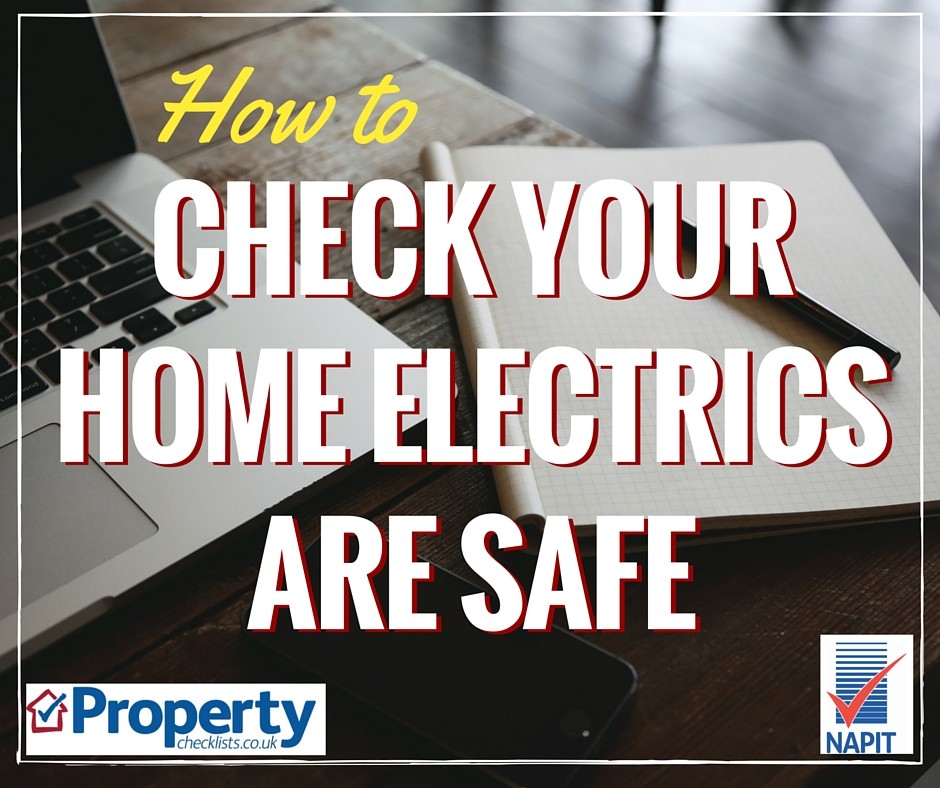With summer approaching, it is likely that landlords and property owners are thinking about home improvements, including electrical work.
Whatever work you are doing, it’s important to remember that poorly-installed or improperly-checked systems still cause injury and fatalities every year in the UK. Rogue traders and misguided DIY enthusiasts can put both their own lives and those of their families at risk by installing dodgy home electrics.
So we always recommend to make sure you check the credentials of any electrician you hire. An easy way to do this is to ensure they are a member of a Competent Person Scheme, which is something backed by the government. We work closely with one of these organisations: NAPIT.
All you need to do is ask to see their ID badge, and it’s easy to search for someone near to you on the NAPIT website. If you already have someone claiming to be a member of NAPIT, they have to renew their membership each year, so it’s worth checking they are still a member too and not taking the person’s word for it!
There are lots of different checks to make and our Electrical Safety checklist will help make sure your home is safe – or better still, if you haven’t done it for a while get an electrician in.
The government suggest electrics in the rental sector are checked every five years, so this is a good guide for homeowners too.
Critical checks on your electrics
Check your home for any overloaded sockets. According to the Fire Service, 23% of accidental fires in homes are caused by faulty electrics or appliances.
Ensure you have an RCD (Residual Current Device) on your electrical consumer unit, and test it every few months – it’s simple to do: just press the ‘test’ button. Many consumer units now incorporate an RCD and will switch off your electrics when an electrical circuit fault develops.
Be aware that ‘Part P’ of the Buildings Regulations requires you by law to notify your LABC department (Local Authority Building Control) before you so much as move a bathroom socket or light fitting, far less fitting a new boiler or gas fire.
If you’re moving home or renting out a property, make sure it has an up-to-date Electrical Installation Condition Report which makes sure your property meets the latest safety regulations. If you haven’t ever had one done, then it’s definitely worth thinking about!
Once you’ve found an electrician who is registered with a Government-approved membership scheme provider, make sure you agree what work is to be carried out, and at what price, in contract form.
Certificates are important to keep
Make sure that the correct electrical safety certificates are supplied along with any work that is carried out in your home. For example:
A new circuit requires an Electrical Certificate
A new circuit that includes work wired directly through your fuse box/consumer unit requires a Building Regulations Compliance Certificate (otherwise known as a Part P Certificate)
A replacement fuse box/consumer unit requires an Electrical Certificate (Installation/Modification) and a Building Regulations Compliance Certificate (Part P)
An existing circuit that has been added to or modified requires a Minor Works Electrical Certificate
Finally, check how long any guarantees for work will last. If your chosen electrician goes out of business, a Government-approved membership scheme provider such as NAPIT provides a warranty to ensure that your installation will comply with the appropriate industry standards for six years from the date of completion. That’s definitely worth knowing!
|
Plumbing checks to make on your home - |
How to check your home electrics are safe - NAPIT |
Identifying and solving condensation, damp and mould - Envirovent |
 |
 |
 |